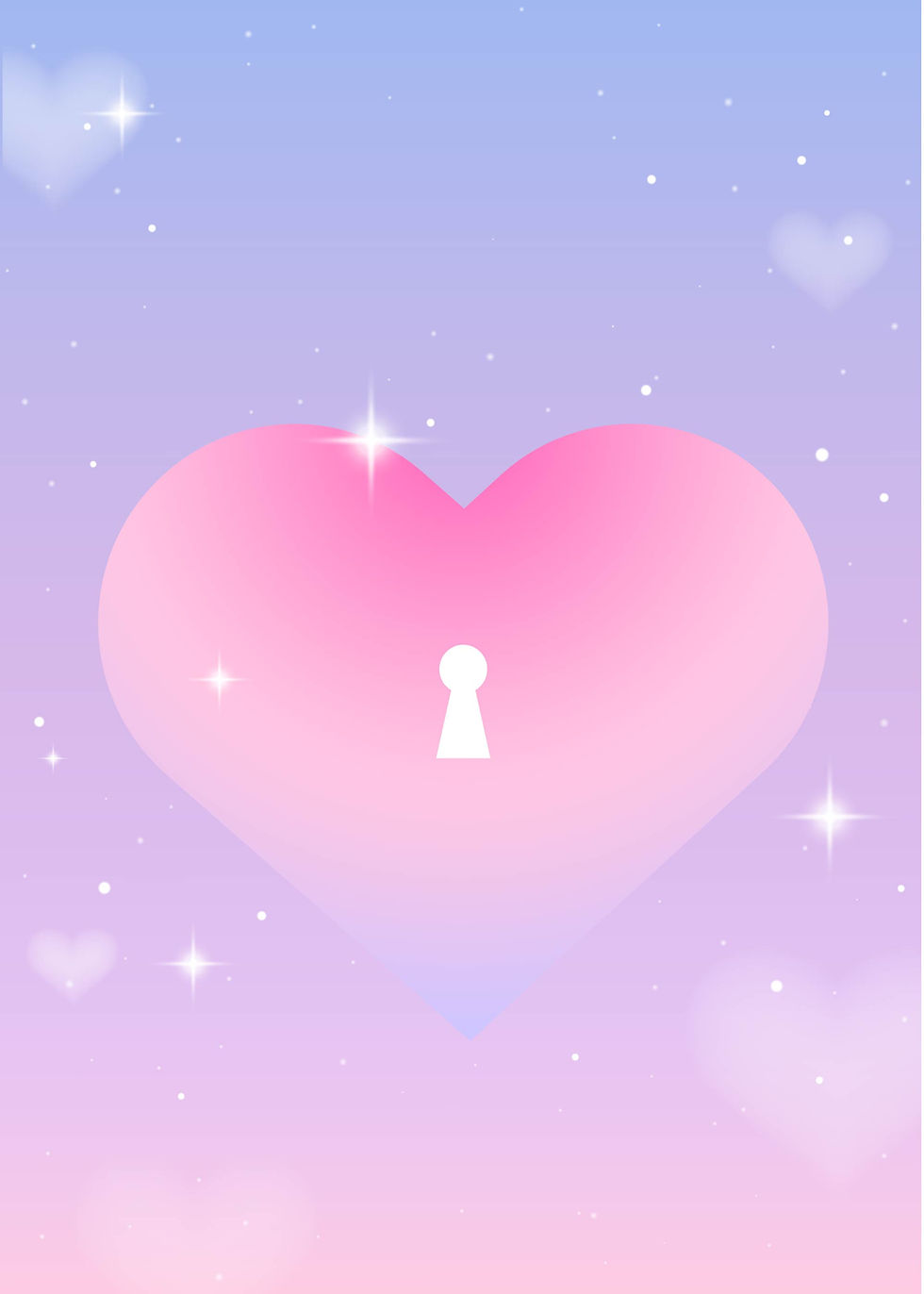Halal: More Than Just Food – A Way of Life Misunderstood
- Nora Amati

- Sep 23, 2025
- 2 min read
When most people hear the word Halal, they think of meat, slaughter methods, and whether Muslims can eat certain foods. But the concept of Halal is far deeper. It is not just about what you put on your plate, but how you live, how you think, and how you interact with the world. And here lies one of the most misinterpreted truths about Islam: Halal is not restriction—it is freedom.
Beyond the Plate
Halal doesn’t stop at meat or alcohol. It extends to business, speech, relationships, habits, and even the way we dress. Something can be Halal not because it is actively recommended, but simply because it is not forbidden. And here is where human conscience comes in: we are called to use our intellect to decide whether to act or refrain. If there’s no prohibition, the default is freedom. This flexibility allows Muslims to adapt across cultures, eras, and environments.
The Spectrum of Rulings
Islamic law doesn’t just divide the world into “Halal” and “Haram.” There are five key categories that guide human action:
Wājib (Obligatory): Acts that must be done and bring reward.
Mandūb (Recommended): Good deeds that are encouraged.
Mubāḥ (Permissible): Neutral actions—do them or don’t, no sin.
Makrūh (Disliked): Not sinful, but better avoided.
Ḥarām (Forbidden): Clear red lines.
When viewed this way, Halal becomes a dynamic framework—far from rigid rules, it is a spectrum of moral reasoning.
The Western Challenge
Living within the boundaries of Halal is particularly difficult in the West. It’s not just about food; it’s about constant exposure to alcohol, drugs, cigarettes, and a culture that normalizes harmful habits. Teenagers are pushed into intoxication as a rite of passage. Legal systems may not forbid it, but that doesn’t make it good. The real question is: why is the “Islamic alternative” rarely considered? Perhaps because it challenges billion-dollar industries that profit from addiction and disease. Tobacco, alcohol, even parts of the pharmaceutical world—they thrive while society suffers. The tragedy is that Islamic wisdom, which protects individuals and societies from these harms, is demonized as “extremism.”
A Protective Wisdom
Halal is not about fear—it is about protection. From fasting that cleanses the body and mind, to staying away from intoxication, even to guarding one’s tongue from harmful words, the philosophy is holistic. Modern science is only now catching up with what Islam has taught for centuries: a healthy lifestyle prevents disease, both physical and mental. Halal is not an opinion—it is a proven safeguard.
Quality Over Quantity
For new Muslims especially, the struggle is consistency. But Islam is not about ticking boxes. A pure heart can be more Halal than rigid outward practice. Of course, consistent actions—prayer, fasting, honesty—purify over time. But the essence of Halal is balance: integrating values into daily life without extremism.
Halal as the Future
In a world spiraling deeper into addiction, disease, and moral confusion, Halal is not a cultural curiosity. It is a necessity. A framework that insists on logic, conscience, and protection. The Qur’an does not suffocate life—it liberates it. Halal is not about fewer choices, but better ones. And maybe, just maybe, that’s what frightens the world’s monopolies the most.
Halal isn’t about restriction. It’s about survival—and freedom.




Comments